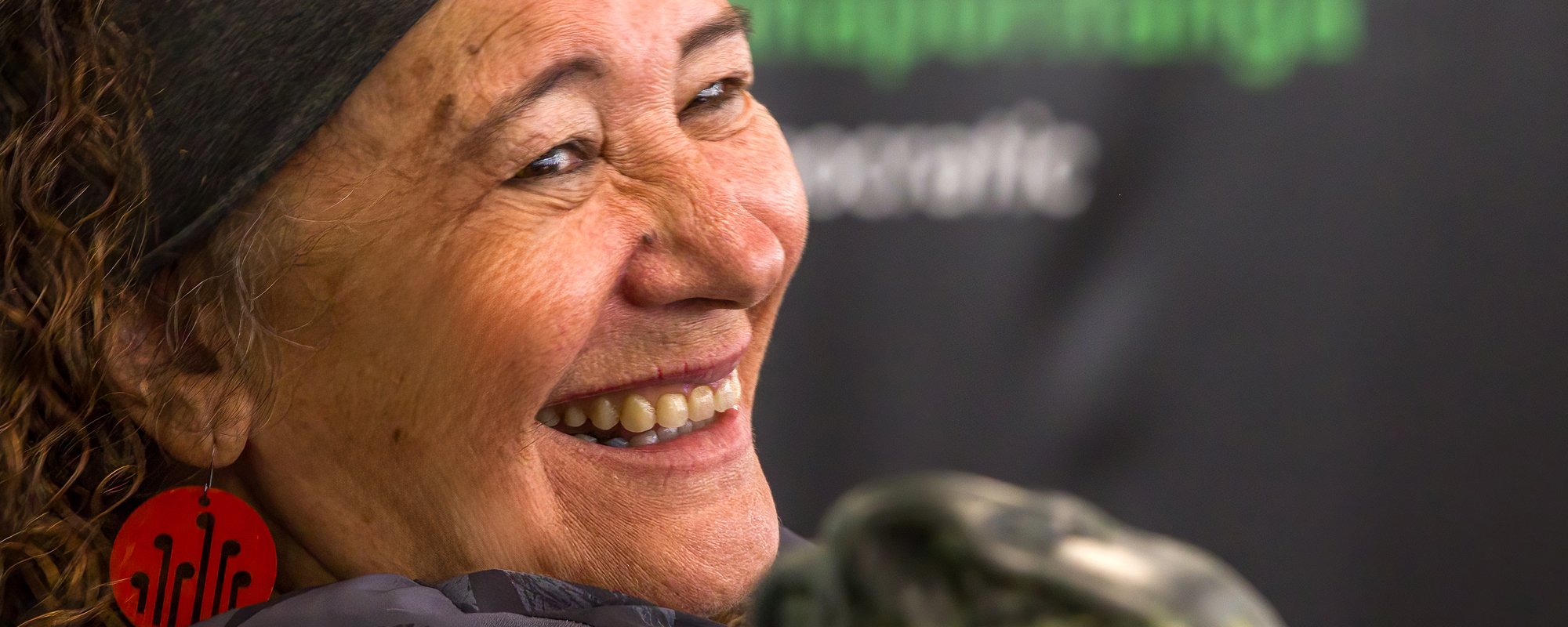Hui-ā-Motu.
Sept. 30, 2025
Hui-ā-Motu, our annual hui for Māori members, took place from Thursday to Saturday last week at the Mokoia (Rotorua) campus of Toi Ohomai Institute of Technology.
The theme, Mai i konei, ki whea | Where to from here, guided discussion of what the goals of the Māori membership should be for the next three years and how they can be progressed.
Ōtākou Whakaihu Waka | The University of Otago’s Rauhina Scott-Fyfe says “Hui-ā-motu is a space for Māori members of our union to be Māori, to discuss the issues in our sector, and to find ways forward. It’s a welcoming and tikanga-led space grounded in our history, held by our Pou Tuarā and hosts, and made safe by our Kāhui Kaumātua and Tumu Whakarae, our pounamu mauri Te Maioha o Arahura, and the tuakana-teina model.”
When asked what the highlight of the hui was, Rauhina says “he maha ngā kura huna kua puta. There are so many nuggets of wisdom that came out of Hui-ā-motu. One highlight for me was witnessing the reciprocity of our sisters from the Aboriginal & Torres Strait Islander caucus of the NTEU (the Australian National Tertiary Education Union). Another was Hēmi Houkāmau’s presentation on the benefits of unionism through a te ao Māori lens – unionism fits like a glove for tikanga Māori. As Māori, and as indigenous peoples, collectivism is central to our value systems.”
“Depending on where you work, being kaimahi Māori (or indigenous) can be an isolating experience. It can bring with it an unrecognised cultural load, extra expectations, daily micro-aggressions, burnout, to name just a few. As a Te Tiriti-led union, we have committed to a constitution which lays down a framework of Tiriti-based values and co-governance at all levels, and I am of the firm belief that these changes are good for everyone. Everyone. But we can’t sit around patting ourselves on the back, and there is still mahi to be done.”
“I leave this year’s Hui-ā-motu with a sense of gratitude for the manaakitanga shown to us, a full heart from connections made and strengthened, and a fire in my puku to work towards a fair and equitable tertiary education sector through our collective action.”

